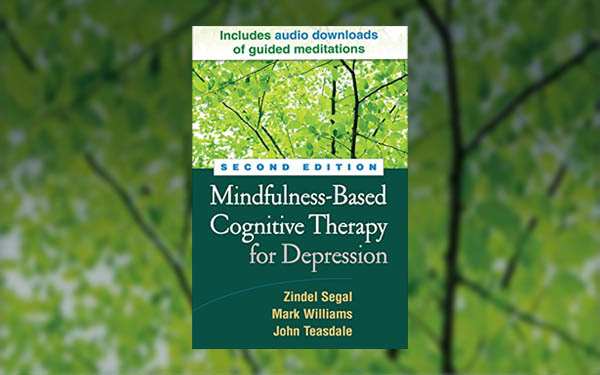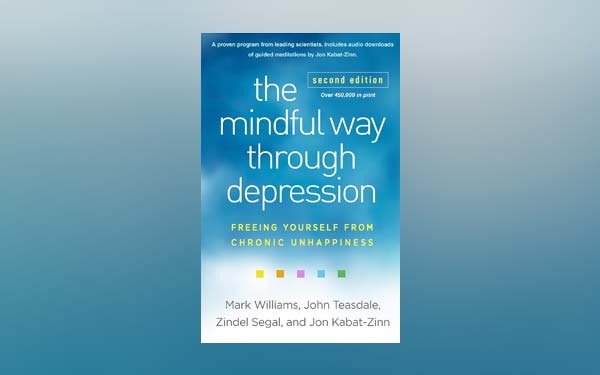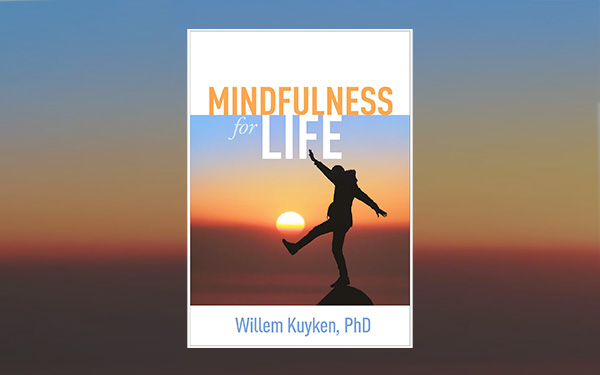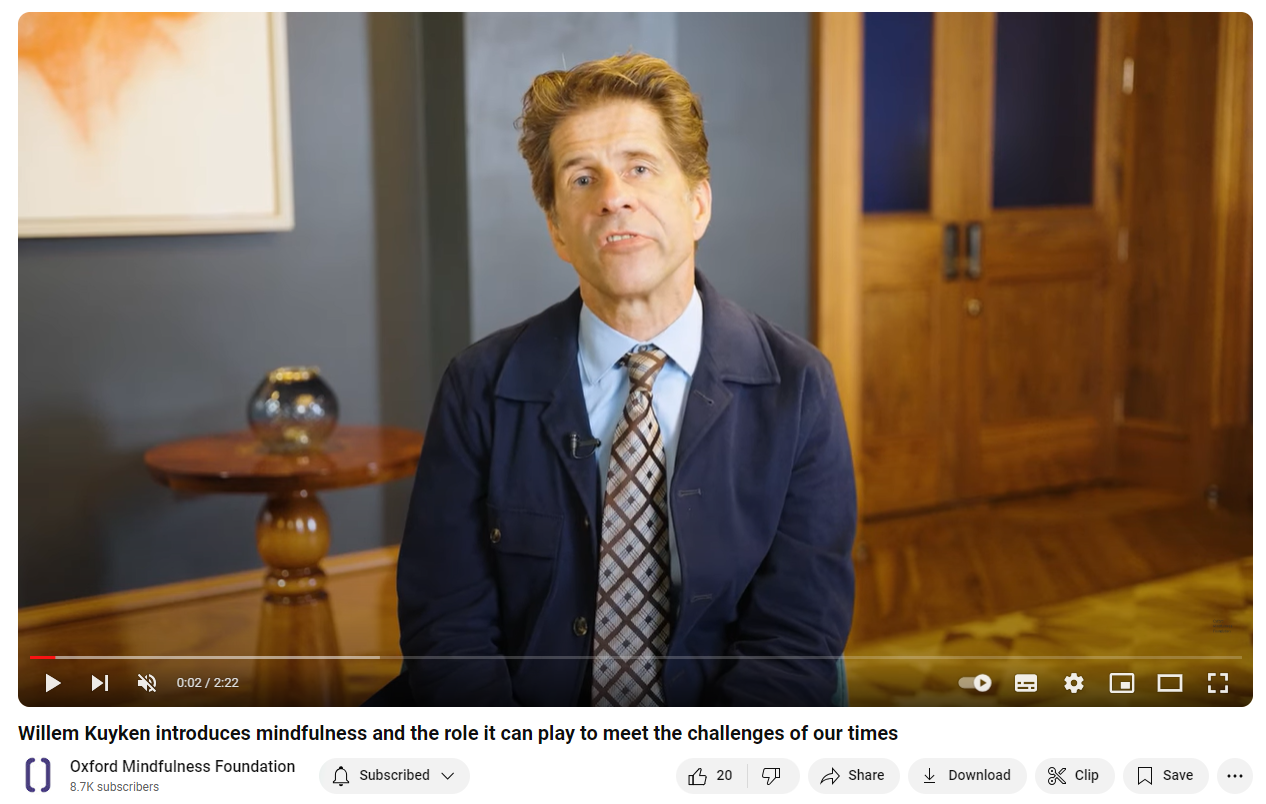Mindfulness-Based Cognitive Therapy for Depression (2nd Edition) by Zindel Segal, Mark Williams and John Teasdale
This acclaimed work, has introduced tens of thousands of clinicians to mindfulness-based cognitive therapy (MBCT) for depression, an 8-week programme with proven effectiveness.

About the Authors
Zindel Segal, PhD, is Distinguished Professor of Psychology in Mood Disorders at the University of Toronto–Scarborough. He is Director of Clinical Training in the Clinical Psychological Science Program and is also Professor in the Department of Psychiatry. Dr. Segal has conducted influential research into the psychological processes that make certain people more vulnerable than others to developing depression and experiencing recurrent episodes. He actively advocates for the relevance of mindfulness-based clinical care in psychiatry and mental health. He collaborated with John Teasdale and Mark Williams in developing mindfulness-based cognitive therapy (MBCT) to prevent relapse and recurrence in major depression; together, they coauthored Mindfulness-Based Cognitive Therapy for Depression, Second Edition (for mental health professionals), as well as the self-help guides The Mindful Way Workbook and (with Jon Kabat-Zinn) The Mindful Way through Depression.
Mark Williams, DPhil, is Emeritus Professor of Clinical Psychology at the University of Oxford, having been Wellcome Principal Research Fellow at Oxford from 2003 to 2012 and at Bangor University from 1991 to 2002. He collaborated with John Teasdale and Zindel Segal in developing mindfulness-based cognitive therapy (MBCT) to prevent relapse and recurrence in major depression; together, they coauthored Mindfulness-Based Cognitive Therapy for Depression, Second Edition (for mental health professionals), as well as the self-help guides The Mindful Way Workbook and (with Jon Kabat-Zinn) The Mindful Way through Depression. Dr. Williams is also coauthor of Mindfulness-Based Cognitive Therapy with People at Risk of Suicide (for mental health professionals). He is a Fellow of the British Psychological Society, the Academy of Medical Sciences and the British Academy. Now retired, he continues to live near Oxford, to teach mindfulness to teachers-in-training across the world, and to explore, with colleagues, how mindfulness might be used in evidence-based public policy.
John Teasdale, PhD, held a Special Scientific Appointment with the United Kingdom Medical Research Council’s Cognition and Brain Sciences Unit in Cambridge. He is a Fellow of the British Academy and the Academy of Medical Sciences. He collaborated with Mark Williams and Zindel Segal in developing mindfulness-based cognitive therapy (MBCT) to prevent relapse and recurrence in major depression; together, they coauthored Mindfulness-Based Cognitive Therapy for Depression, Second Edition (for mental health professionals), as well as the self-help guides The Mindful Way Workbook and (with Jon Kabat-Zinn) The Mindful Way through Depression. Since retiring, Dr. Teasdale has taught mindfulness and insight meditation internationally. He continues to explore and seek to understand the wider implications of mindfulness and meditation for enhancing our way of being.
Reviews
“MBCT is a major achievement. Based on a coherent body of experimental work, the treatment has proven its worth in reducing the recurrence of depression and, as a consequence, changing the future prospects of numerous people whose lives are blighted by repeated episodes of this disabling condition. This second edition will be widely welcomed by practitioners; every chapter has been updated and numerous new practical aids have been added, including downloadable practice exercises and handouts. Thoroughly recommended.”
David M. Clark
“Mindfulness-Based Cognitive Therapy for Depression is the gold standard for anyone who wants to learn this powerful approach. The second edition brings this classic up to date, making it the state-of-the-art guide for therapists and students alike.”
Daniel Goleman
“Superb! The authors describe their evidence-based maintenance therapy for depression in great detail, while telling an engrossing (and well-referenced) story of how they developed their approach. Fascinating reading.”



